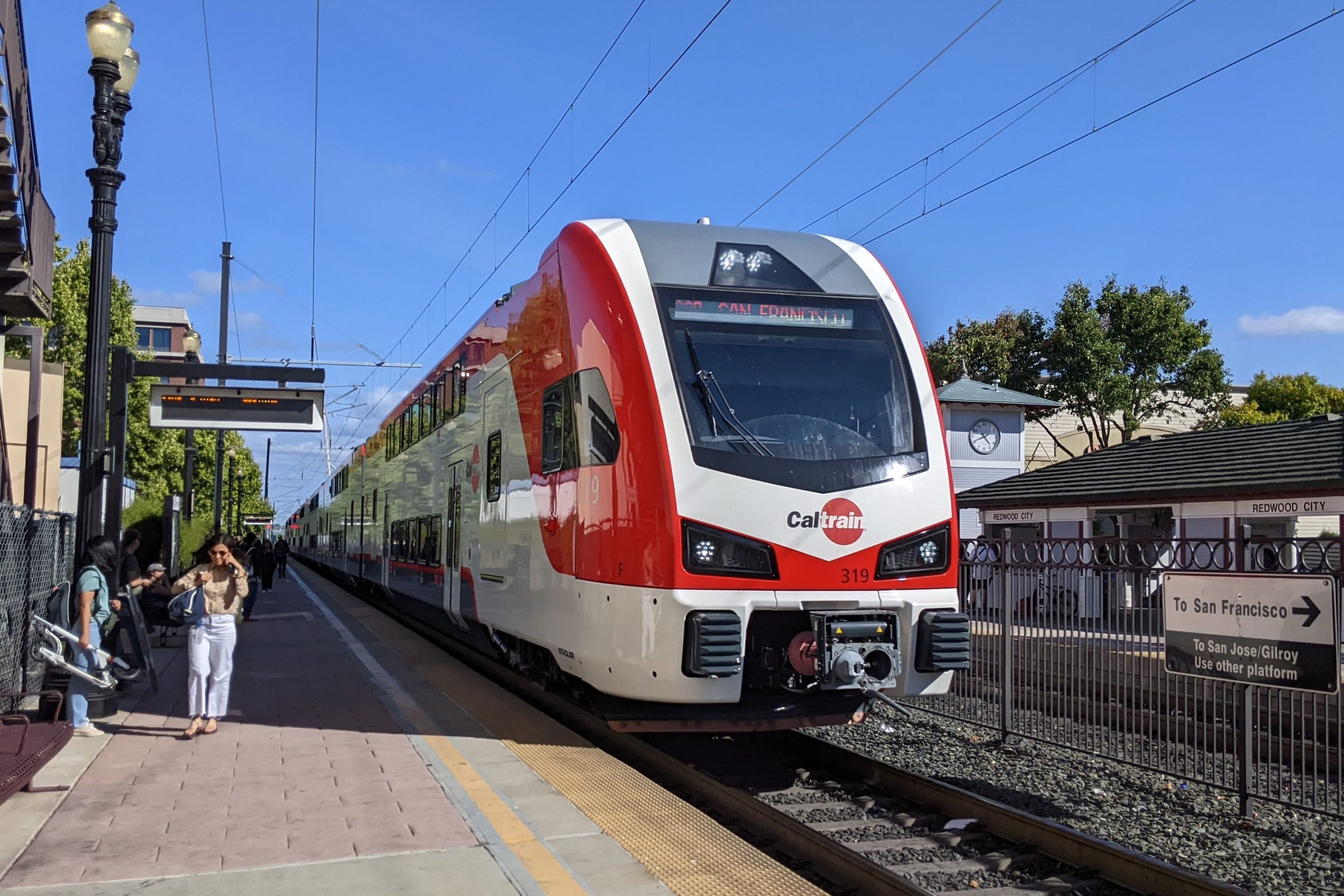
U.S. DOT announced the winner of its $50 million "Smart City" grant yesterday, and Columbus, Ohio, bested finalists San Francisco, Portland, Austin, Pittsburgh, Kansas City, and Denver for the prize. Many other cities had applied for this federal funding to demonstrate how new technologies can improve urban streets and transportation.
In its application, Columbus focused on improving job access for low-income residents via shared cars and autonomous buses. Michael Andersen at Bike Portland considered the winning bid from the perspective of his city's close-but-no-cigar application. Here's what he thinks set Columbus apart:
Though many of the elements of Columbus’s proposal are similar to Portland’s ultimately unsuccessful one -- a multimodal mobility app, electric vehicle charging stations -- two things jump out as being absent from Portland’s proposal:
• Local Columbus companies pledged $90 million of their own investment in smart transportation technology as part of the matching-fund total.
It’s hard to say how much of this is just clever repackaging of money that would have been spent anyway, but it’s a very impressive sum. Portland’s application drew lots of letters of support but no local financial commitments like that.
• A self-driving fixed-route transit line through the job-rich Easton neighborhood is one of the marquee elements of the Columbus plan -- one of the few that the Washington Post mentioned specifically in its June 9 overview.
Though Portland’s initial proposal for the challenge included self-driving transit over Tilikum Crossing, this was scrapped from Portland’s final application. Adrian Pearmine of DKS Associates, who helped prepare Portland’s application, told me May 16 that TriMet had vetoed this element.
In January, we reported one Portlander’s interesting warning that unless U.S. cities develop self-driving transit lines (which would be far cheaper to operate and therefore potentially much more frequent) riding in cars could get catastrophically appealing compared to the alternatives.
Also in Columbus's favor, writes Andersen -- it is seen as representative of typical American cities, which makes it more likely to be emulated by other places.
Elsewhere on the Network today: Beyond D.C. shows off the city's brand new, bright red bus lanes. Steven Can Plan says Chicago has too many traffic signals, which makes streets more dangerous. And Seattle Transit Blog ridicules the Seattle Times' assertion that the city's light rail expansion is moving too fast.





